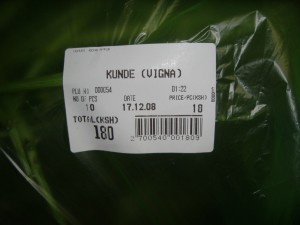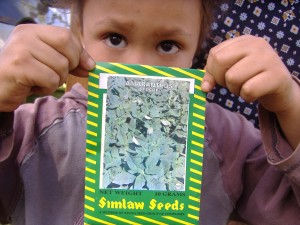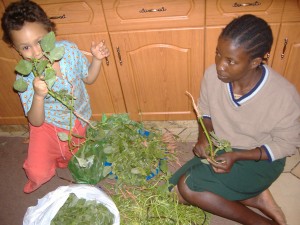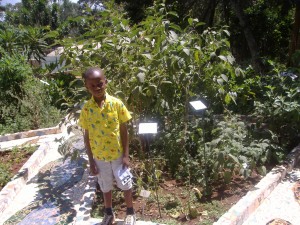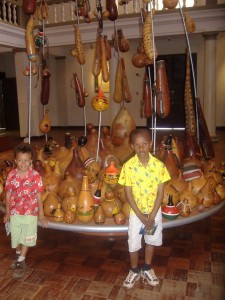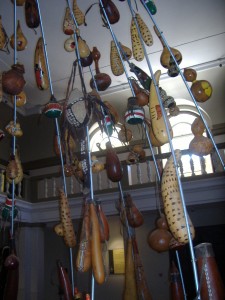The Centre for Indigenous Peoples’ Nutrition and Environment (CINE) based in McGill University, Canada, responded to requests from indigenous leaders from around the world to help stop loss of traditional food system knowledge with research and community-driven activities that bridge the generation.
This series of videos presents highlights from 12 indigenous community areas in 9 countries, and is intended to con tribute to the evidence base used to make global policies to protect Indigenous Peoples’ food resources and promote good health.
Thanks to Lois Englberger for the tip.
